 When her husband abandoned Wendy with three young children, Wendy became a construction safety manager to support her family, then finally had the chance, in her 50s, to pursue her dream career as a writer and editor after meeting her now-husband and moving to the South.
When her husband abandoned Wendy with three young children, Wendy became a construction safety manager to support her family, then finally had the chance, in her 50s, to pursue her dream career as a writer and editor after meeting her now-husband and moving to the South.
Tell us a little about your background.
I was born in farm country in Western Pennsylvania. So although I grew up on Long Island in New York, my values and training were those of the Midwest. Although my parents say they moved to Long Island for opportunity, in reality my father’s family was extremely dysfunctional. My father was an alcoholic who had moved to take what those in Alcoholics Anonymous call “the geographic cure.” But moving didn’t solve his problems; he brought them with him.
So I grew up in a home with an alcoholic parent, the eldest of four children. When my sister was born three years after I was, my mother was given the wrong kind of blood transfusion and went into anaphylactic shock. From that point on, for the rest of her life, she had incredible health problems, most notably hormonal issues that gave her no energy and caused her to put on a tremendous amount of weight, and then diabetes. To handle the medical bills, my father worked two jobs. He was a teacher, but he also was a tutor in the evenings and on weekends.

At 13, with my siblings
As the eldest child, I took on a great deal of the work around the house — more and more the older I got. I suppose I was also expected to get perfect grades and marry a doctor * laughs* I don’t know. I do know that my birth family was tremendously dysfunctional. And I really need to mention that my father got like Darth Vader when he was drunk. He was a nasty alcoholic and my mother, understandably, was rather depressed.
To compound the situation, I was sexually abused by my father from the ages of 12 until 15. I mention this because absolutely no guilt or shame should be attached to the victim in such situations. Shame should belong to the abuser. I put a stop to this abuse when I turned 15 and became a Christian, and when I saw that my father might be going after one of my two younger sisters, I told him that I would call the school and let them know what was going on if he ever pulled something like that again with me or one of my siblings.
I went to college away from home for one year – at Michigan State University — and took a year of pre-nursing. But I had to come home because 1. The economy had taken a terrible turn and my father lost his tutoring work, and 2. My mother became almost terminally ill. I did not get back to college until I was 41 years old.
In the interim, I married a man who seemed the opposite of my father. He was jovial and kind. He was also incredibly dysfunctional. He had been raised by a mother who (although she did not drink herself) had been raised by two alcoholics. My ex was a terrible provider, mainly because he wasn’t in business to make money — he was in business to prop up his flailing ego. And I discovered that the opposite of love is not hate, it’s apathy. In that marriage I was ignored. As my ex’s business situation got worse, and I was stuck home with three small children, he got his needed ego boost via a series of affairs. Then our money started to trickle away into his cocaine use.
He left us when I was 38 years old. The children and I were actually better off financially when he abandoned us, with me working as an office temporary.
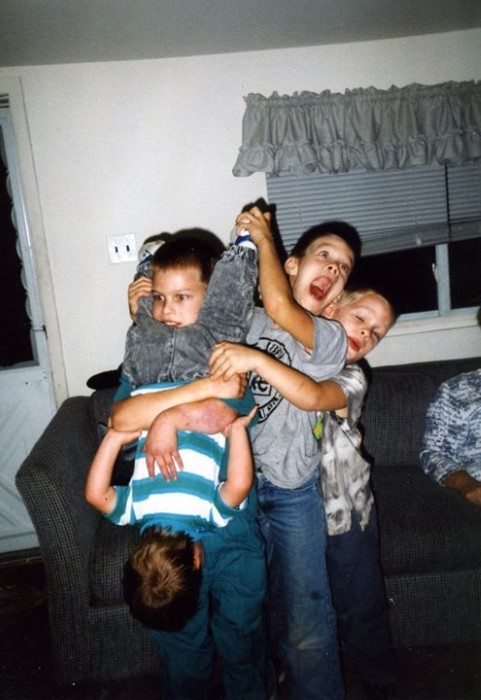
My three sons with their cousins, when they were young
When did you start to think about making a change?
What spurred me to make a change was living in a foreclosed home and not knowing when we’d be turned out by the bank. In the short time between when my ex left and when the bank foreclosed, which turned out to be two and half years, I had to find a career that would support me and my children. And I was determined that it would be something that would only require an 8-hour day. You see, many women, when they were in a position like mine, would have worked two menial jobs in what is called the “pink collar ghetto” as waitresses, office cleaners, and things like that. This would have meant that my children, effectively, had lost both parents and that was unacceptable. So I needed one job that would pay enough for us to live on; furthermore, it needed to be something that didn’t require me to spend much time in school or training.
 I chose something I’d seen as an office temporary: construction safety management. It paid really well, there was a shortage of people willing to do it, and I happened to love it a great deal. The $178 million construction site that the temp agency had placed me at took me on a permanent basis and made me an assistant safety manager. I spent three years there and, when I was 41 years old, I enrolled in Mercy College. Four years later, I had a BS in Public Safety OSHA (Occupational Safety and Health Administration). This led to a career in safety engineering where, after doing enough work in the field and qualifying to sit for the exam, I became a licensed New York City site safety manager. This meant that my children were well provided for, and I absolutely loved the work. My children, my sister, and I were also able to take care of my elderly mother during this time. (My father had passed away after conquering his alcoholism some 10 years before.)
I chose something I’d seen as an office temporary: construction safety management. It paid really well, there was a shortage of people willing to do it, and I happened to love it a great deal. The $178 million construction site that the temp agency had placed me at took me on a permanent basis and made me an assistant safety manager. I spent three years there and, when I was 41 years old, I enrolled in Mercy College. Four years later, I had a BS in Public Safety OSHA (Occupational Safety and Health Administration). This led to a career in safety engineering where, after doing enough work in the field and qualifying to sit for the exam, I became a licensed New York City site safety manager. This meant that my children were well provided for, and I absolutely loved the work. My children, my sister, and I were also able to take care of my elderly mother during this time. (My father had passed away after conquering his alcoholism some 10 years before.)
With the death of my mother, and after launching my grown three sons into the world, I was now on my own and, after 25 years alone, I started looking for a second husband. This was complicated by the fact that once my mother passed away, my very understanding boss, who’d helped me get home in time to take my mother to various medical things, now insisted on mandatory overtime. Toward the end of my safety management career, if you added my commute to the hours that I worked, I was doing punishing 80-hour weeks. So when I finally found the perfect mate, at the age of 53, in 2009, I had no compunctions about quitting a job where I made $80 to $100K a year and moving to semi-rural South Carolina to start a new life where there would be less stress.
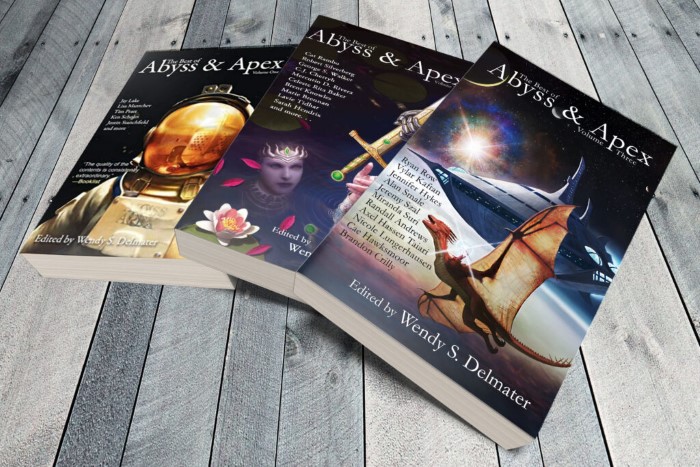
What is your next act?
My marriage to Brian, someone who was as intelligent, stable, and frugal as I was, turned out to be a resounding success. For my next act, I made a total career change. No more long commutes to New York City; no more exhaustion. I started working from home. At first, I worked part-time doing remote work for my ex-boss in New York City. This was part-time, but still brought me in $20k a year. But when that dried up, I made a total career change and my husband supported me as I went after my long-term dream of becoming a writer and an editor.
I had been running an online magazine called Abyss & Apex since 2006, so I already had a name in the field as a talented editor. Since then, I have edited and published three Abyss & Apex anthologies (The Best of Abyss & Apex Volume One, The Best of Abyss & Apex, Volume Two
, and The Best of Abyss & Apex: Volume Three
). I published two books on finding a husband (or wife) in midlife (Better Dating Through Engineering: A System for Finding Lasting Love Over 45
and Better Dating Through Engineering for Men: Finding lasting love after 45
) and a chapbook of poetry about what it’s like to have and conquer organic depression (Plant a Garden Around Your Life
). My most popular book is a memoir about what it was like to be a woman in construction safety in New York City: Confessions of a Female Safety Engineer
. My most recent publication is a book on breaking into science fiction and fantasy writing as a career: Writing the Entertaining Story
. I’m currently working on a series of science fiction novels.

I also edit novels for pay. The truth is I sort of stumbled into doing editing work to help friends and discovered I was extremely good at it. There are several types of editing. There is proofreading (finding spelling mistakes and wrong words), copyediting (tense shifts, finding grammar and punctuation mistakes) and while I can do those, what I excel at is something called developmental editing. This means I can hold the entire novel in my head and find things like problems with time sequencing, inconsistent science or magical systems, and know how to fix “plot holes” or punch up the action or dialogue to make the prose come alive. I understand it’s a rare talent. That’s mainly what people pay me $400 a pop for.

How hard was it to take the plunge?
I really was rather forced into “taking the plunge,” as you put it. The job in New York City was literally killing me: The long hours meant I didn’t have the energy to even take off my clothes when I came home. I would just kick off my construction boots and lay there like a quivering mass of jelly.
As for the drastic change of moving over 700 miles south to another region of the country and marrying a man whom I mostly dated via video calls, I went about looking for a husband as a sort of exercise in quality control engineering. I based finding the person I was looking for on a continuous improvement process. I honed what I was looking for and how I looked for that person for over three years. When I met the man I am married to now, I knew it was him at once because he fit all of the specifications.
As for taking the plunge financially and quitting my job, well, to some extent I didn’t have much of a choice about that, either. My new husband was a bit of a safety net; his house was paid off and he had a decent income, but I had a health challenge that meant that I could not work in safety engineering in South Carolina. This, when coupled with the fact that construction safety work was not readily available in SC, meant that I had to do something else for a living. If I was going to jump to something else, why not to the thing that I’d always wanted to do, and write full-time? PS — what I really wanted to be when I grew up as a homemaker, and I was finally getting a chance to do that as well!

How supportive were your family and friends?
Oh, that’s a good topic! I had only known Brian for four months when I married him. My friends and family, with the exception of my brother, were absolutely aghast. My brother, on the other hand, said that he knew I was a careful person and I only took what looked like risks and that he trusted me. Everyone else? They all said exactly the same thing: “Are you crazy?” Followed by “I’m so jealous.”
My husband’s family was very concerned that he had married someone like his ex, who was (to be honest) verbally abusive to him, a hoarder, and suffered from bipolar disorder. When my hip went out on me, I was actually asked by three of his family members if I had simply married him for his health insurance! My in-laws, who are still alive even though they’re in their 90s, were supportive but even they didn’t quite have a grasp on how both my new husband and my life had changed for the better when we found each other.
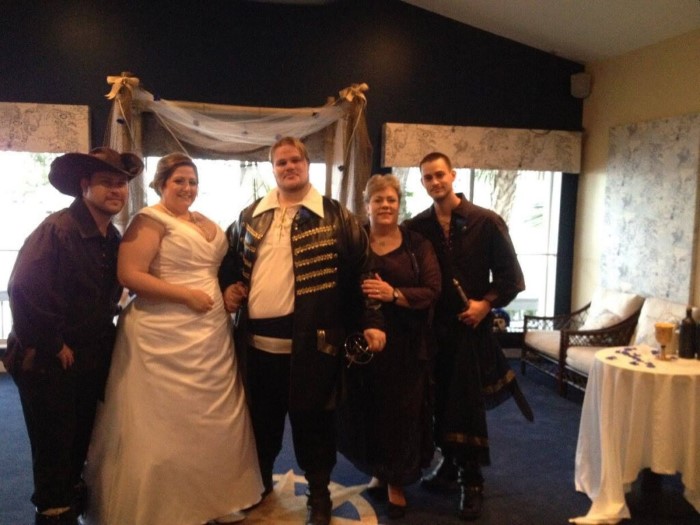
With my grown sons
What challenges did you or are you encountering?
Culturally, the Deep South is very different from New York. However, since I was raised with Midwestern values, about the only change from that set of expectations was that Southerners have a plural for the word “all.” I was afraid I would not fit in here, but I actually like it here better than the frenetic larger New York city area. However, I had a lovely network of friends up in New York, and such a long-distance move meant that I lost touch with most of them. I’ve found it difficult to replace that network of face-to-face friends, but my online friendships in the science fiction and fantasy community have remained rock solid.

A Southern Thanksgiving
One big challenge was that health problem: Less than a year after I married and moved, I had to have my right hip replaced due to a congenital defect. It did not affect my remote work for my ex-boss, but it certainly made it impossible to find a full-time safety management position in my new location. And by the time I had recovered from the hip replacement, there was a big enough gap in my resume that I couldn’t go back to that sort of work without dealing with age discrimination.
It takes a while to launch any new venture and, while it was easy in South Carolina to incorporate a magazine and publishing company as an LLC, it was hard to turn a profit at first. I did a lot of novel-length edits and short story edits pro bono until I built up enough of a reputation to start actually making money as an editor. Now my list of clients is growing. I’m currently working very hard on expanding my reach on Twitter, which is very important to this sort of work.
In the same way, building up a steady revenue stream for my independently published books was also time-consuming. But the rule here is the more you publish, the more you have out there, the more sales you get. Once you publish a book that is a revenue producer, you publish more of them in the same vein.
What did you learn about yourself through this process?
Oh, I learned so many things! I never thought of myself as a high-energy person. However, once the demands of a dysfunctional home life, an impossible ex-husband, and being a single parent while working full-time were removed from my life, I was able to really blossom and soar. I was able to concentrate on who I was and what I wanted to do with my life. This was intensely freeing.

Looking back, is there anything you’d have done differently?
I think I made a lot of good choices over the years. Despite the horrific abuse as a child, I didn’t run away from home; I stood up to my abuser, and that was a very freeing event. I simply can’t regret marrying my first husband because of the wonderful children that resulted and, to be honest, my abandonment threw me into counseling and made me realize that my father had been an alcoholic and I needed to work on the resulting codependency that affected all of my birth family members — including me.
I also think I handled being abandoned by my ex as well as possible. Sure, the children and I went through some tough times, but we managed just fine and I was able to model to them how to handle adversity with grace, I hope. Frankly, I would’ve liked to know my Brian a little longer before I married him but I think I made the right decision, there too, because the NYC job was killing me and I had been absolutely correct in my evaluation of what kind of person my second husband was. We’re very happy.

What advice do you have for women seeking reinvention in midlife?
There’s an exercise I like to put my friends through if they go through similar situations to mine. I ask them to close their eyes and imagine that they don’t need to worry about being financially provided for, and that they are as loved as they need to be. I wait until they grasp that feeling. Then I tell them that this is reality, because I believe God cares for them, and will provide for them. It’s a paradigm shift for most of them.
The second part of the exercise is something I came up with on my own after reading What Color Is Your Parachute. I asked them to write down, in a brainstorming fashion, things that appeal to them as careers. I tell them it doesn’t matter how insane the idea is — if they want to become a lion tamer in the circus or pearl diver or jockey that’s fine. I tell them not to squelch their subconscious and just write down as many things that they really want to do as they can. Once they’ve done that, I asked them to sort these occupations into two columns: things they could actually do for living, and things that they probably wouldn’t make much money at. The first column is potential careers; the second column is hobbies and bucket list items. They should make an honest assessment as to the possibility of each career and then choose one and work toward it with all their heart.

What advice do you have for those interested in pursuing your career reinvention path?
Well, I really had reinvented myself twice now, didn’t I? If a person wants to go into safety management, I would let them know, right off the bat, that there are three subdivisions to that: insurance safety, construction safety, and industrial safety. It doesn’t really require a degree to start working that field and there is still a tremendous shortage.
As for someone becoming a writer and editor, it takes about 10 years to become an “overnight success.” I could not have launched this new career without the financial backing of my husband. I’m making a nice income now, but it is something I never could do have done without that safety net.
What resources do you recommend?
If someone wants to go into construction safety management I would recommend they read my memoir, Confessions of a Female Safety Engineer. It also talks about the other branches of safety but not as exhaustively.
If one desires to become a writer, in general, I cannot praise The Online Writing Workshop for Science Fiction Fantasy and Horror enough. This is where I cut my teeth on the writing trade, and they’re very inexpensive. You’ll also make a lot of friends there! If one desires to become a novelist, I highly recommend reading Writing the Breakout Novel: Insider Advice for Taking Your Fiction to the Next Level by Donald Maass.

What’s next for you?
All of my published books thus far are nonfiction. I am very excited about publishing my finished novel; I already have several contacts with small publishing houses whom I’ve come to know from my work in the genre, places where I will be sending it. Becoming a novelist is, without question, a dream come true for me.
Connect with Wendy S. Delmater:
My personal email is wdelmater@USA.net
My website, which contains a contact form, a sample of my writing, and my editing rates.
Amazon author page
On twitter I am known as @safewrite
Facebook
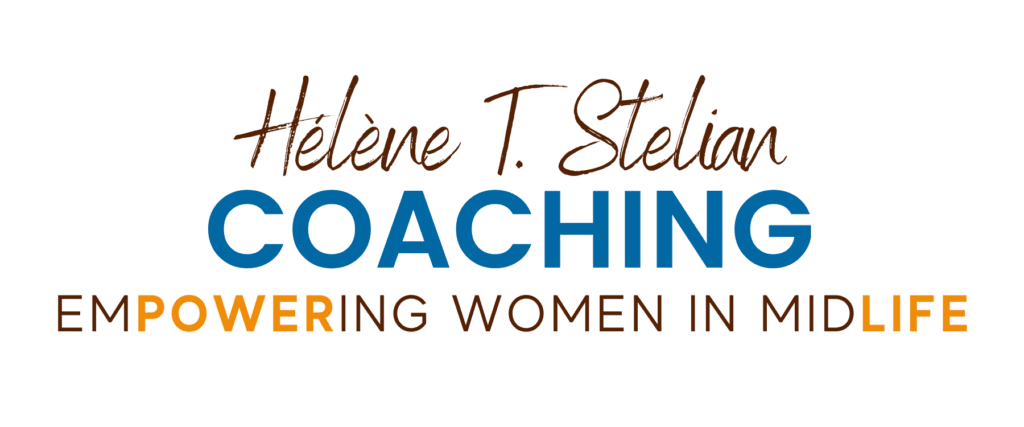
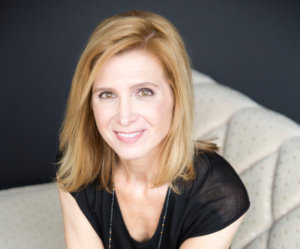
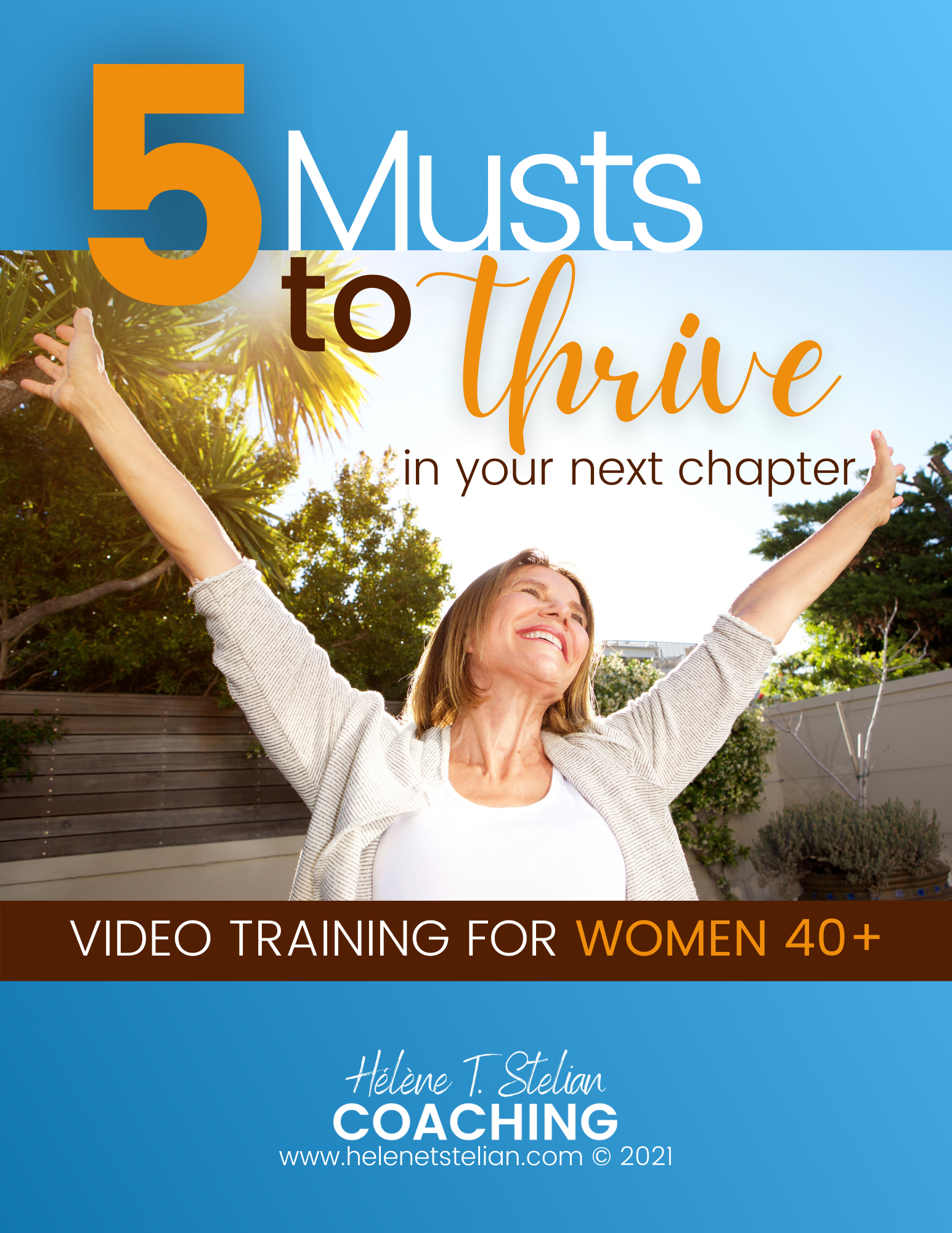



0 Comments
Trackbacks/Pingbacks